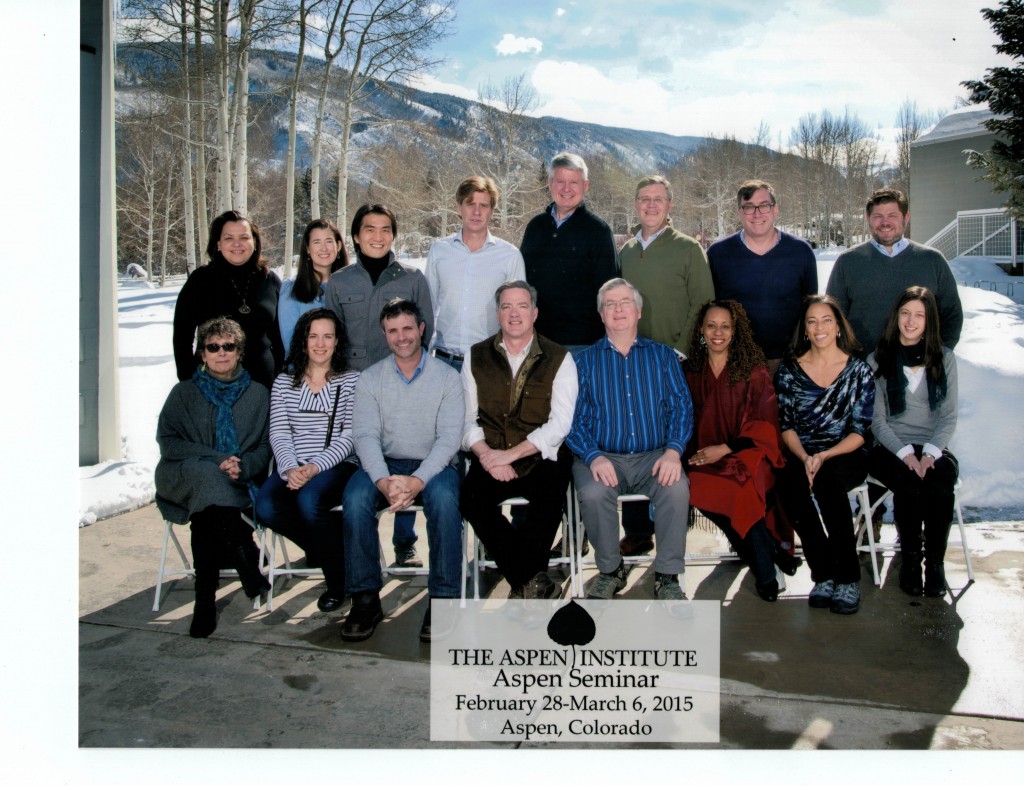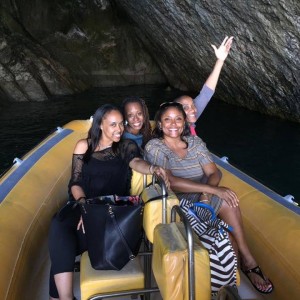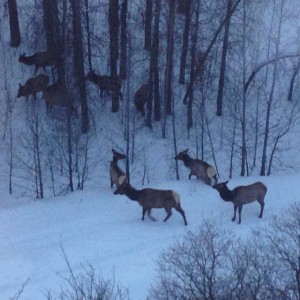 When I talk about leading through art, one exemplar comes immediately to mind: Herbie Hancock. Many of a certain age are at least familiar with the jazz great, but may not realize the complex ways in which he weaves faith, daily life and art. To that end, I’d like to share the first in a set of his Norton lectures.
When I talk about leading through art, one exemplar comes immediately to mind: Herbie Hancock. Many of a certain age are at least familiar with the jazz great, but may not realize the complex ways in which he weaves faith, daily life and art. To that end, I’d like to share the first in a set of his Norton lectures.
Harvard University declares an annual Charles Eliot Norton Professorship of Poetry. Poetry, in this case, is broadly imagined, and professors represent various of the fine arts. In 2014, Herbie Hancock became the first Black American to receive the honor, and he titled his lecture series the Ethics of Jazz. (It’s worth noting here, Toni Morrison is the 2016 Norton Professor and her lecture series opens March 2, 2016.)
Hancock’s opening lecture is titled the Wisdom of Miles Davis. He begins by introducing himself, first by familiar labels – musician, spouse, teacher and friend. But then he posits a question:
What is the single factor that connects all those aspects of me? It’s the fact that I’m a human being.
He goes on to explain that this, being human, is not a trivial matter. He encourages us to make the most of that human experience, and purposely seek a life of expansion rather than stagnation:
Most people define themselves by the one or possibly two things they excel at and are recognized for – perhaps a job or a hobby. There’s a tendency to live inside these self-made walls and not be open to the myriad opportunities that on the other side of the fortress…
To develop wisdom that will foster creativity in every aspect of life, it’s essential to entertain the idea of being open to possibilities. Second, explore how you perceive yourself, and recognize and investigate opportunities that lie outside of your comfort zone.
He continues, moving now to explain his choice of ethics as the foundation of the series. Ethics, he confirms, is a system of morals:
The study of right and wrong. Good and bad. The wise and empathetic. How we use our power to protect the rights and self respect of all people. It’s how we behave in the world among society – our brothers and sisters. And the values we hold dear and enable us to collaborate and interact with curiosity, compassion and righteousness. Without a moral code, the world would be overflowing with selfishness, apathy, greed, cruelty, environmental problems, violence…
He slows down here to note the irony, and goes on to proclaim our planet is on a slippery slope. Despite this, most people, regardless of race, religion or creed, “want to create ethical societies.”
Over the course of his life, Hancock has connected the values inherent in jazz with his Buddhist faith. He promises to share the lessons he’s learned in this multi-decades long project through autobiographical accounts.
A couple of things to listen out for as you watch this first one:
- Don’t play the butter notes.
- Listen to what you can leave out.
What other lessons does he share? What will you apply in your daily life?
[youtube https://www.youtube.com/watch?v=EPFXC3q1tTg]









